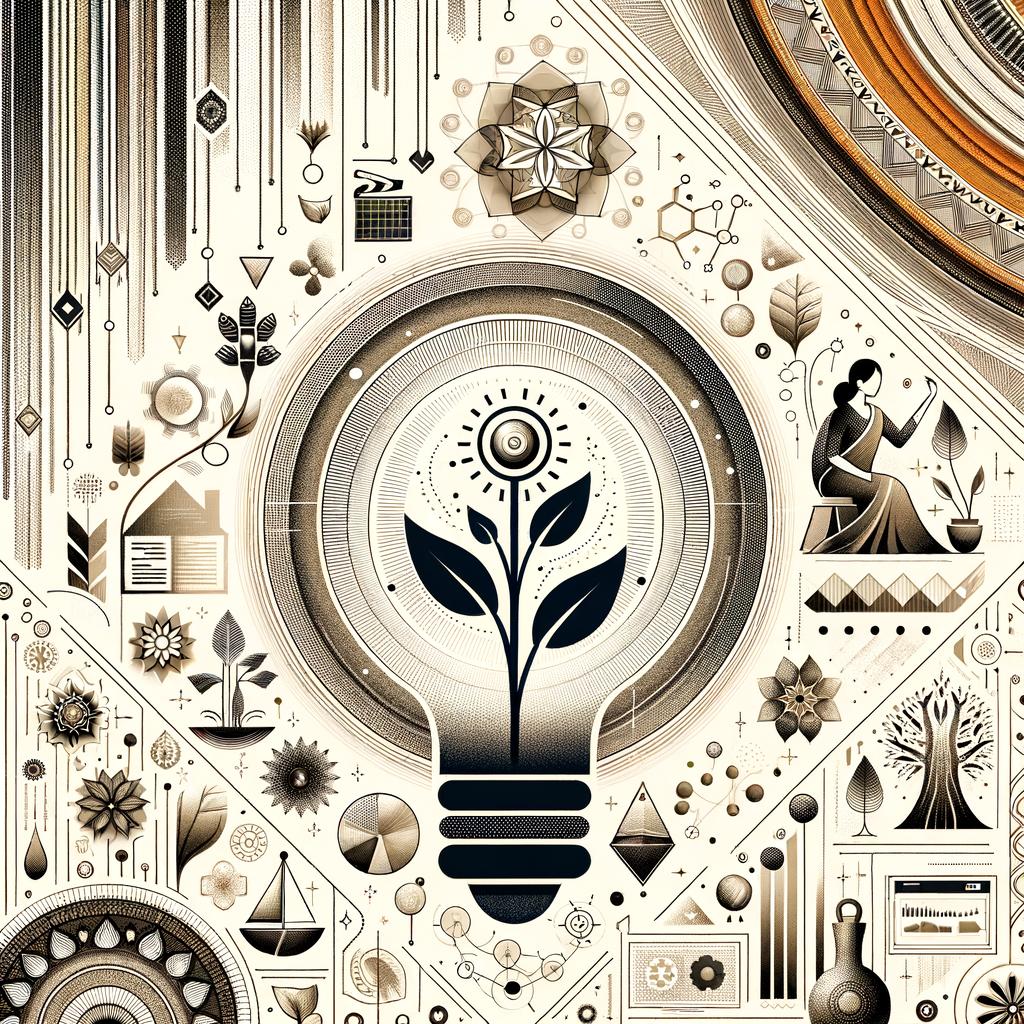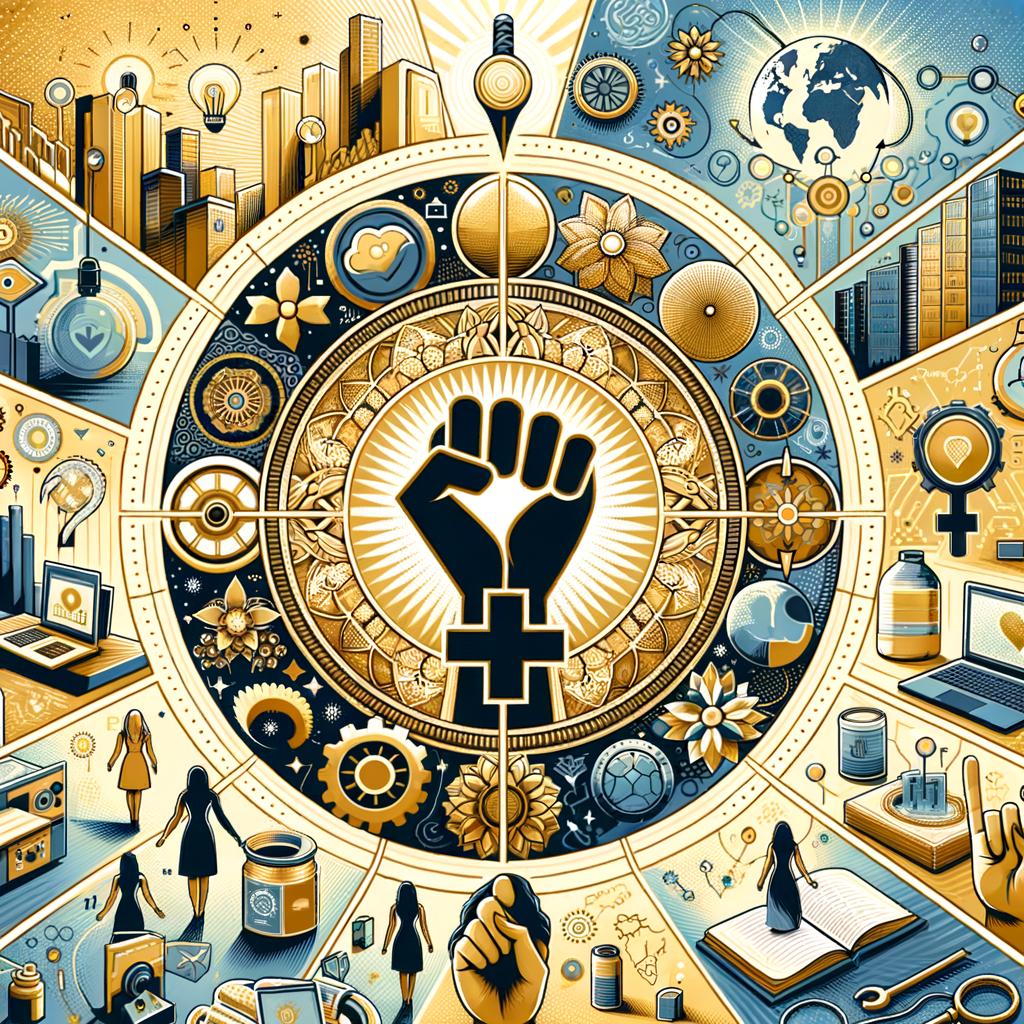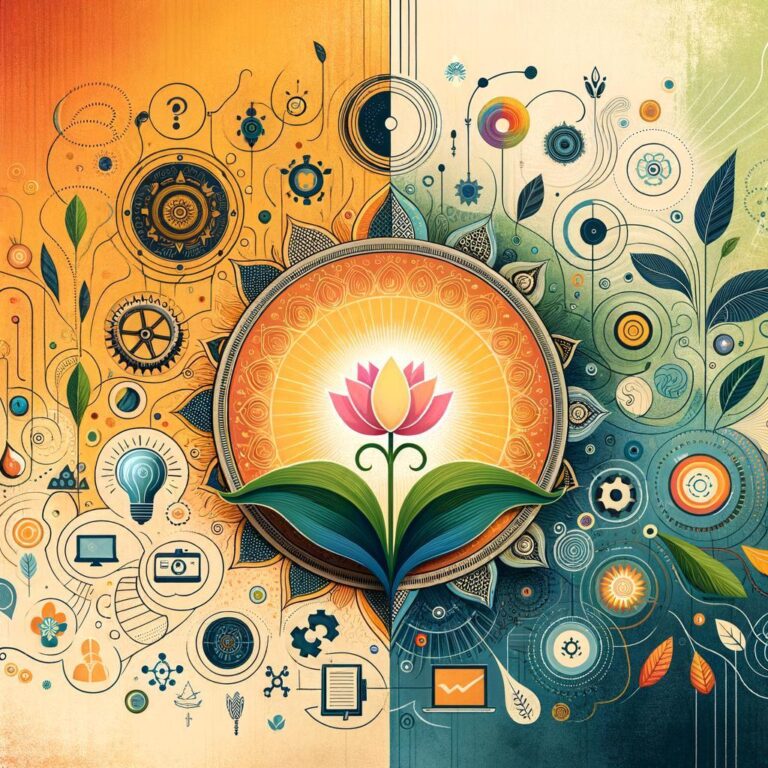In the heart of India, where tradition intertwines with modern aspirations, a silent revolution is unfolding—one that seeks to uplift the lives of countless women through empowerment and solidarity. At the forefront of this movement is the Self-Employed Women’s Association (SEWA), a pioneering organization founded in 1972 that has become a beacon of hope for women laborers across the nation. With its roots deeply embedded in the struggles of those working in the informal sector, SEWA has championed the cause of female empowerment, providing tools, resources, and a strong support network to navigate the complexities of economic independence and social justice. This article delves into the transformative impact of SEWA on women in India, examining how its initiatives have not only enabled personal growth but have also fostered a community of resilience and advocacy, paving the way for a brighter, more equitable future. Join us as we explore the stories of change, the challenges overcome, and the enduring spirit of women who, empowered by SEWA, are rewriting their destinies and reshaping their communities.
Empowering Women Through Collective Action and Solidarity
In the heart of India, the Self-Employed Women’s Association (SEWA) has emerged as a beacon of hope and strength for millions of women. Through collective action and solidarity, SEWA empowers women by providing them with the resources they need to rise above socio-economic barriers. By fostering a sense of community among its members, SEWA creates an environment where women can share their experiences, trade skills, and advocate for their rights. The collective efforts of these women not only enhance their individual livelihoods but also catalyze systemic change within their communities. Women come together to form associations that address critical issues such as access to healthcare, financial inclusion, and legal support, allowing them to chart a new course for their lives.
The ripple effect of this grassroots movement is profound. With training programs and workshops, women gain valuable skills that enhance their work opportunities. SEWA also champions women’s voices in the political sphere, amplifying their concerns at local and national levels. By equipping women with tools for self-advocacy, SEWA enables them to challenge injustice and discrimination, reinforcing the notion that empowered women uplift entire communities. The following table exemplifies the key areas where SEWA has made significant strides:
| Key Areas | Impact on Women |
|---|---|
| Financial Inclusion | Access to savings and credit, enabling entrepreneurial ventures. |
| Healthcare Access | Improved health services lead to better overall well-being. |
| Legal Support | Empowerment through knowledge of rights and legal assistance. |
| Skill Development | Training in various trades increases job opportunities. |

Transforming Livelihoods: SEWAs Role in Economic Independence
In the heart of India’s economic landscape, the Self-Employed Women’s Association (SEWA) serves as a beacon of hope, catalyzing change for countless women striving for independence. By providing access to vital resources, training, and financial support, SEWA empowers women to transform their skills into sustainable livelihoods. This grassroots movement has successfully fostered a community of women who not only earn a living but also gain a sense of dignity and self-worth. With an emphasis on collective action, members unite to challenge systemic barriers, navigate market access, and advocate for their rights.
The impact of SEWA is vividly illustrated through various initiatives designed to uplift women economically. Some key programs include:
- Skills Training: Enhancing vocational skills to improve employability and entrepreneurial ventures.
- Financial Services: Offering microloans and savings schemes tailored to the needs of women.
- Market Linkages: Connecting artisans directly to consumers and markets, bypassing intermediaries.
To provide a clear snapshot of SEWA’s transformative impact, the table below outlines notable achievements:
| Year | Women Benefited | Microloans Disbursed |
|---|---|---|
| 2019 | 1,200,000 | 1.5 Billion INR |
| 2020 | 1,350,000 | 2 Billion INR |
| 2021 | 1,500,000 | 3 Billion INR |
This meticulous approach illustrates how SEWA fosters economic independence among women, reinforcing the idea that equitable access to resources and education can dismantle poverty and gender inequality.

Advocacy and Awareness: Shaping Policy for Womens Rights
In the intricate tapestry of India’s socio-economic landscape, organizations like SEWA (Self-Employed Women’s Association) serve as a beacon of hope, championing the cause of women’s rights and advocating for systemic change. This grassroots movement highlights the importance of collective bargaining, economic empowerment, and access to social security. Through various programs and initiatives, SEWA has facilitated a platform where women can voice their needs, which in turn shapes local and national policies aimed at uplifting their rights. Some of the critical areas addressed include:
- Legal Aid: Providing women with access to legal services to fight against injustices.
- Health Care: Advocating for comprehensive health services tailored to women’s needs.
- Financial Literacy: Empowering women through training in financial management and entrepreneurship.
- Labour Rights: Ensuring that women workers are recognized and compensated fairly for their contributions.
Furthermore, SEWA leverages data and case studies to influence policymakers, making a compelling case for women’s rights as essential to national development. For instance, by documenting the economic contributions of women in the informal sector, SEWA demonstrates that investing in women yields substantial returns for the economy. The organization also collaborates with governmental and non-governmental entities to enhance visibility and effectiveness in policy-making. Below is a simple representation of the impact SEWA has achieved over the years:
| Year | Impact Area | Achievements |
|---|---|---|
| 2005 | Legal Support | Over 1,000 women received legal aid. |
| 2010 | Microfinance | Launched 50 women-led cooperatives. |
| 2015 | Healthcare | Established 20 health clinics in urban areas. |
| 2020 | Advocacy | Contributed to 5 new labor policy reforms. |

Building a Sustainable Future: Recommendations for Ongoing Support
To ensure the momentum of progress achieved by SEWA and to foster enduring change for women in India, it is crucial to implement strategies that provide continuous support. First and foremost, local partnerships should be strengthened to create a robust network of resources. Engaging with NGOs, community organizations, and businesses can enhance access to training programs, financial resources, and mentorship opportunities. Furthermore, fostering government collaboration is essential for policy advocacy to safeguard women’s rights and increase visibility for their contributions within the economy.
In addition to collaboration, it’s vital to ensure financial literacy training is available to empower women to manage their finances effectively. Providing workshops on budgeting, saving, and investing can lead to better financial independence. Another recommendation is the establishment of micro-loan schemes tailored specifically for women’s cooperatives, allowing them to start or expand their businesses. To monitor success, regular evaluation metrics should be put in place, analyzing progress and adapting strategies as needed. An effective framework can be outlined as follows:
| Strategy | Description | Expected Outcome |
|---|---|---|
| Local Partnerships | Collaborate with NGOs and businesses | Increased resources and support for women |
| Financial Literacy | Workshops on managing finances | Greater financial independence |
| Micro-loan Schemes | Access to loans for women entrepreneurs | Business growth and sustainability |
| Evaluation Metrics | Regular assessment of strategies | Adaptable approaches for ongoing improvement |
To Wrap It Up
In closing, the story of the Self-Employed Women’s Association (SEWA) is one of resilience, empowerment, and transformative change. Through its unwavering commitment to improving the lives of women in India, SEWA has not only provided economic opportunities but has ignited a movement that reverberates across the nation. The organization stands as a beacon of hope, illustrating the profound impact that collective action and solidarity can have on communities marginalized by societal norms.
As we reflect on the strides made by SEWA and the women it supports, we are reminded that empowerment is a journey, not a destination. Each success, no matter how small, contributes to a larger tapestry of social change, weaving threads of dignity, independence, and strength. SEWA’s legacy is not just in what has been achieved, but in the inspiration it provides for future generations of women, urging them to dream bigger and reach higher.
Indeed, empowering change is an ongoing process, one that requires the commitment of all stakeholders—from government policies to community support. As we move forward, let us carry the lessons learned from SEWA’s journey, fostering environments where every woman can rise, thrive, and contribute to her community’s development. In this shared vision of equity and opportunity lies the true essence of sustainable change, one that celebrates the power of women and the potential they hold to reshape the world.

